ADDICTION
What is Addiction?
Addiction is a chronic condition where a person becomes compulsively driven to use a substance or engage in a behavior, despite harmful consequences. It can involve substances like alcohol or drugs, as well as behaviors such as gambling or internet use. Addiction affects the brain’s reward system, leading to intense cravings and loss of control.
Beyond just a physical dependence, addiction also includes emotional and psychological components, making it challenging to overcome without help. At Mind Weavers, we understand the complexities of addiction and are here to provide the support and treatment needed for a successful recovery.

Types of Addiction
- Substance Addiction: Involves the misuse of drugs, alcohol, or other substances.
- Alcohol Addiction: Chronic dependence on alcohol.
- Drug Addiction: Dependence on drugs such as opioids, cocaine, marijuana, methamphetamines, or prescription medications.
- Nicotine Addiction: Dependence on nicotine found in tobacco products.
- Behavioral Addiction: Involves a compulsion to engage in a rewarding non-substance-related behavior.
- Gambling Addiction: Compulsive need to gamble despite negative consequences.
- Internet Addiction: Excessive and problematic use of the internet.
- Sex Addiction: Compulsive engagement in sexual activities despite adverse outcomes.
Symptoms of Addiction
- Physical Symptoms: Tolerance (needing more of the substance to achieve the same effect), withdrawal symptoms, changes in appetite or sleep patterns, and neglect of personal hygiene.
- Behavioral Symptoms: Compulsive use of the substance or behavior, inability to stop despite wanting to, neglecting responsibilities, and engaging in risky activities.
- Psychological Symptoms: Cravings, anxiety, depression, mood swings, and irritability.
- Treatment for Addiction: Effective treatment for addiction often involves a combination of therapies and interventions tailored to the individual’s needs, including:
- Detoxification: Medical supervision to manage withdrawal symptoms.
- Medication-Assisted Treatment (MAT): Use of medications to reduce cravings and withdrawal symptoms.
- Psychotherapy: Relapse Prevention Therapy (RPT), contingency management, motivational interviewing, and other therapeutic approaches.
- Counseling: Individual, group, and family counseling to address underlying issues and support recovery.
- Support Groups: Participation in support groups like Alcoholics Anonymous (AA) or Narcotics Anonymous (NA).
Treatment for ADHD

ADHD can be effectively managed with a combination of treatments, which may include:
– Medications: Stimulants (e.g., methylphenidate, amphetamines) and non-stimulants (e.g., atomoxetine, guanfacine)
– Behavioral Therapy: Helps develop positive behaviors, organizational skills, and coping mechanisms
– Skill Training: Attention retraining & Hyperactivity management
– Counseling and Psychotherapy: For individuals and families to address emotional and social issues
– Educational Support: Special education services, individualized education programs (IEPs), and classroom accommodations
You've taken the first step now let us help you find the right support
Recognizing Clinical Depression
– Lasting sadness
– Loss of interest in most activities
– Constant fatigue or low energy
– Negative thoughts
– Feelings of worthlessness, hopelessness, or guilt
– Difficulty concentrating on daily tasks
– Changes in eating and sleeping patterns
– Restlessness or irritability
– Physical aches and pains without a clear cause
– Thoughts of death or suicide
Signs Your Child
Needs to See a Child psychiatrist
Recognizing when your child may need to see a psychiatrist is crucial for addressing their emotional and mental well-being. Here are some signs that may indicate it’s time to consider seeking help from a Child Psychologist in Calicut:
- Your child is dealing with a significant change or a stressful situation, like bullying, a health issue, divorce parents, or a move to a new city or school.
- Your child's mental, emotional, and behavioral problems seem to be getting worse over time instead of better.
- Your child or family has experienced trauma, such as a death, an accident, or abuse.
- Your child encounters challenges when it comes to forming and maintaining friendships.
- You notice big notable shifts in your child's temperament and behavior.
- They often have trouble with their behavior in school.
- Your child is worrying to much for trivial things
- Your child's grades are dropping.
Common Conditions Addressed at Our Center
Clinical child psychology is a field dedicated to researching, evaluating, and addressing a broad spectrum of interconnected biological, psychological, and social challenges encountered by children.
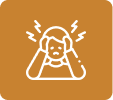
ANXIETY
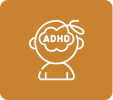
ADHD

DEPRESSION

AUTISM

LEARNING PROBLEMS

BEHAVIOURAL PROBLEMS
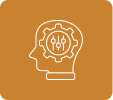
ADJUSTMENT PROBLEMS

STRESS
At Mind Weavers, our Child Psychologists are well-versed in the latest evidencebased interventions, providing personalized counseling to address the unique needs of each child.
Skills and Procedures Utilized
Clinical child psychology encompasses a wide range of procedures and skills addressing your child’s needs, including:
- Assessment (e.g., psychological, intellectual, cognitive, and behavioral evaluation).
- Intervention (e.g., psychotherapy and applied behavior analysis).
- Prevention program development (e.g., school readiness,bullying, addictions, obesity).
- Consultation with transdisciplinary team
- Evidence based Practices

Services Offered By Our Center
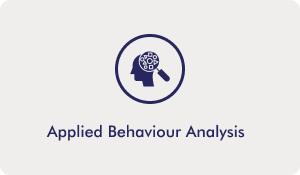
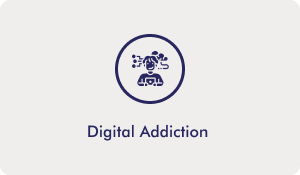
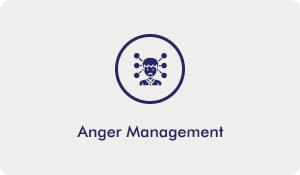
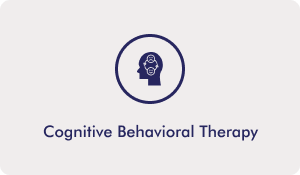
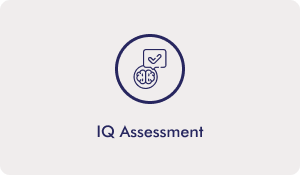
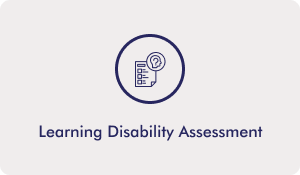
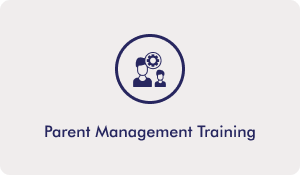
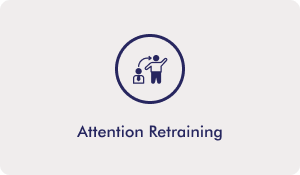
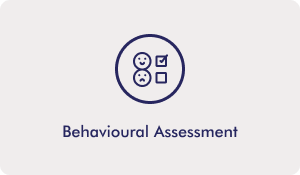
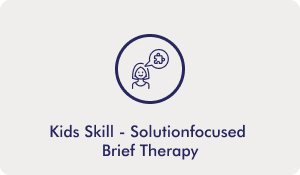
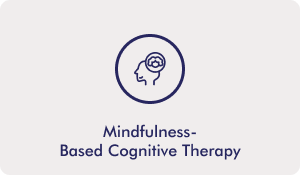
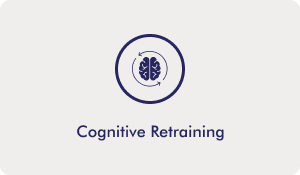
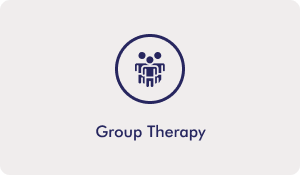
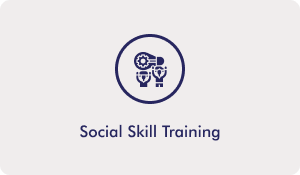
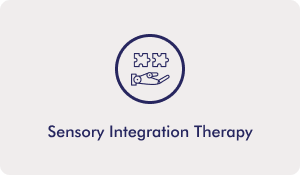
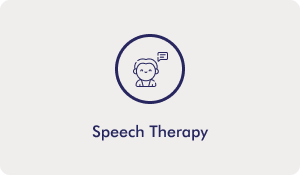
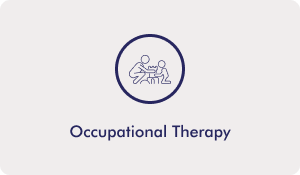
These services are administered by experienced and compassionate clinical psychologists and therapists that ensure your child receives the care and support they need to lead healthier and more fulfilling lives.
FAQs on Addiction
Addiction is a chronic condition where a person becomes compulsively driven to use a substance or engage in a behavior, despite harmful consequences.
Signs of addiction include increased tolerance, withdrawal symptoms, compulsive use, neglect of responsibilities, changes in behavior, and continued use despite negative consequences.
Addiction is diagnosed by a healthcare professional through a comprehensive evaluation that includes discussing symptoms, medical history, and the impact of substance use or behavior on daily life.
Yes, addiction can be treated effectively with a combination of therapies, medications, counseling, support groups, and lifestyle changes.
Yes, addiction is considered a chronic disease that affects the brain’s reward, motivation, and memory functions.
Addiction is caused by a combination of genetic, environmental, and psychological factors, including family history, exposure to substance use, mental health disorders, and neurological changes
Supporting a loved one with addiction involves encouraging them to seek professional help, being patient and understanding, avoiding enabling behaviors, and participating in family counseling if needed.
Withdrawal symptoms can vary depending on the substance but may include anxiety, depression, irritability, fatigue, nausea, sweating, and tremors.
Help for addiction can be found through:
– Addiction specialists and rehabilitation centers
– Mental health professionals, such as psychologists and psychiatrists
– Support groups like AA or NA
Mind Weavers for Adult Psychology -
Why We're Different?
✨Experience:
Mind Weavers stands out in the field of adult psychology for several reasons. Our team of licensed professionals brings a wealth of experience in dealing with adult psychological issues. We understand that adulthood is a time of significant transition and are committed to helping you navigate this period with empathy and expertise.
✨Understanding Issues from The Root:
We support a comprehensive strategy for mental health. Hence, it means we don’t just focus on your symptoms; we explore the root causes of your challenges. Therefore, by addressing these underlying issues, we aim to provide long-lasting solutions that improve your overall well-being.
✨Supportive Environment:
Another reason to choose Mind Weavers is our commitment to creating a supportive environment. We know that discussing mental health can be difficult, which is why we prioritize creating a safe, non-judgmental space. Our goal is to make you feel comfortable and heard, ensuring that you can openly discuss your concerns and challenges.
✨Flexible Treatment Plans:
Additionally, we offer flexible treatment options tailored to fit your lifestyle. So, whether you prefer in-person sessions or online consultations, we make it easy to access the help you need. Our flexible scheduling and various therapy modalities ensure that you can find the right fit for your needs.
Therefore, take the first step towards a healthier adulthood by choosing Mind Weavers. Your mental well-being deserves the best care, and we’re here to provide it.
Choosing Mind Weavers for
Your Child's Well-Being
At Mind Weavers, our aim is to have a happy, playful, and confident child.
We prioritize your child’s well-being and offer top-quality mental health services to support their growth and happiness. Our dedicated professionals including child psychologists, therapists, and counelors help children overcome challenges, develop crucial life skills, and thrive emotionally.
At Mind Weavers, you’re choosing more than specialized services; you’re selecting a caring and nurturing environment that fosters resilience, self-assurance, and a positive outlook.


